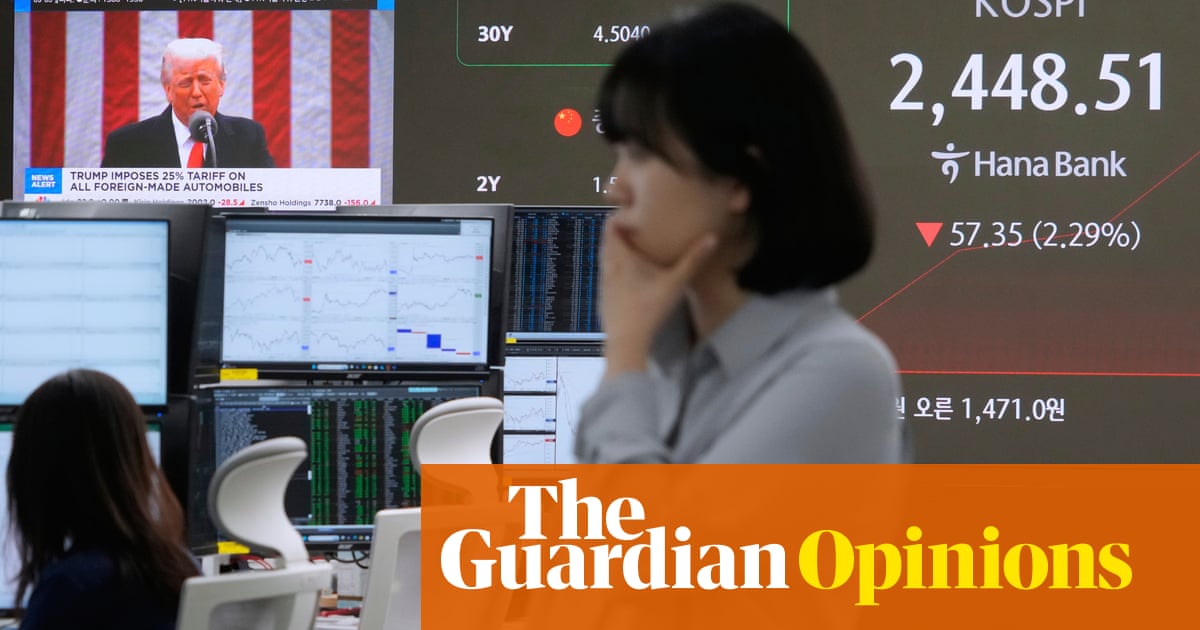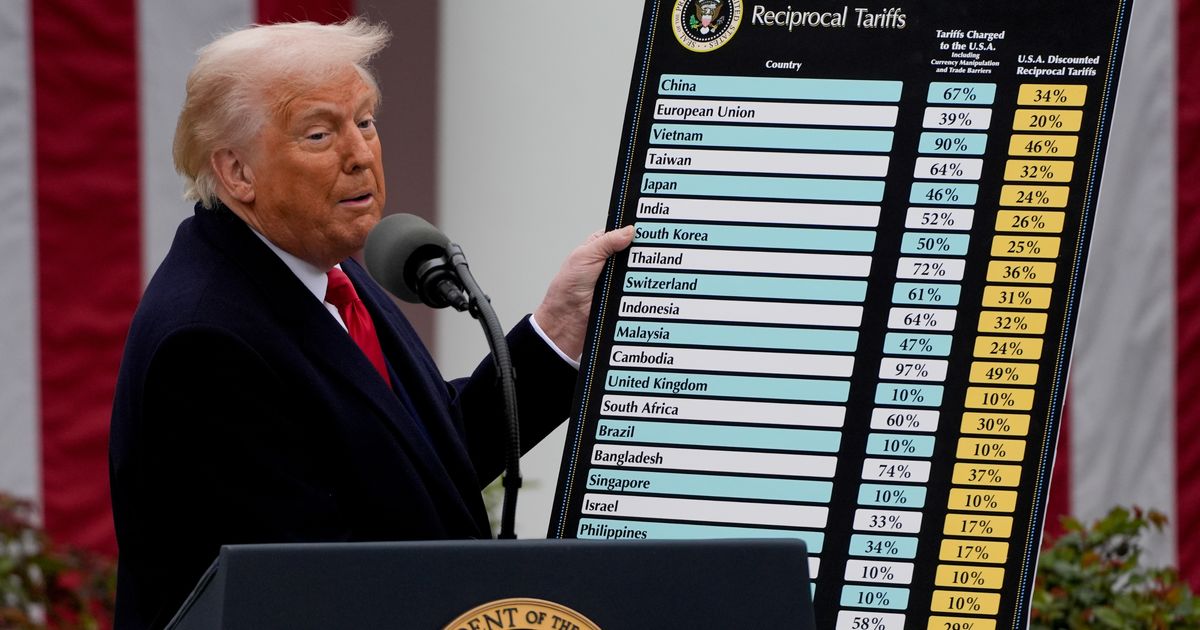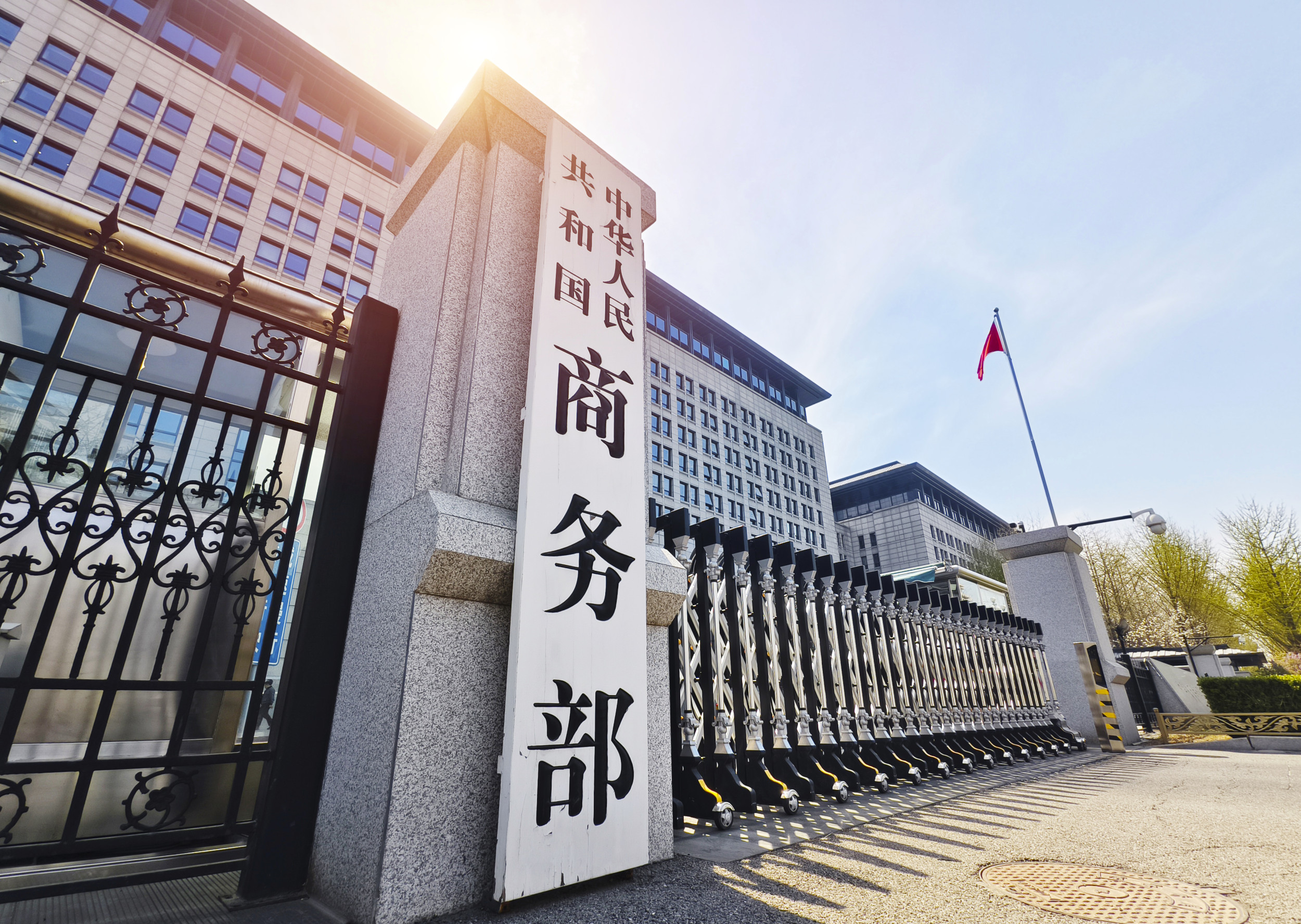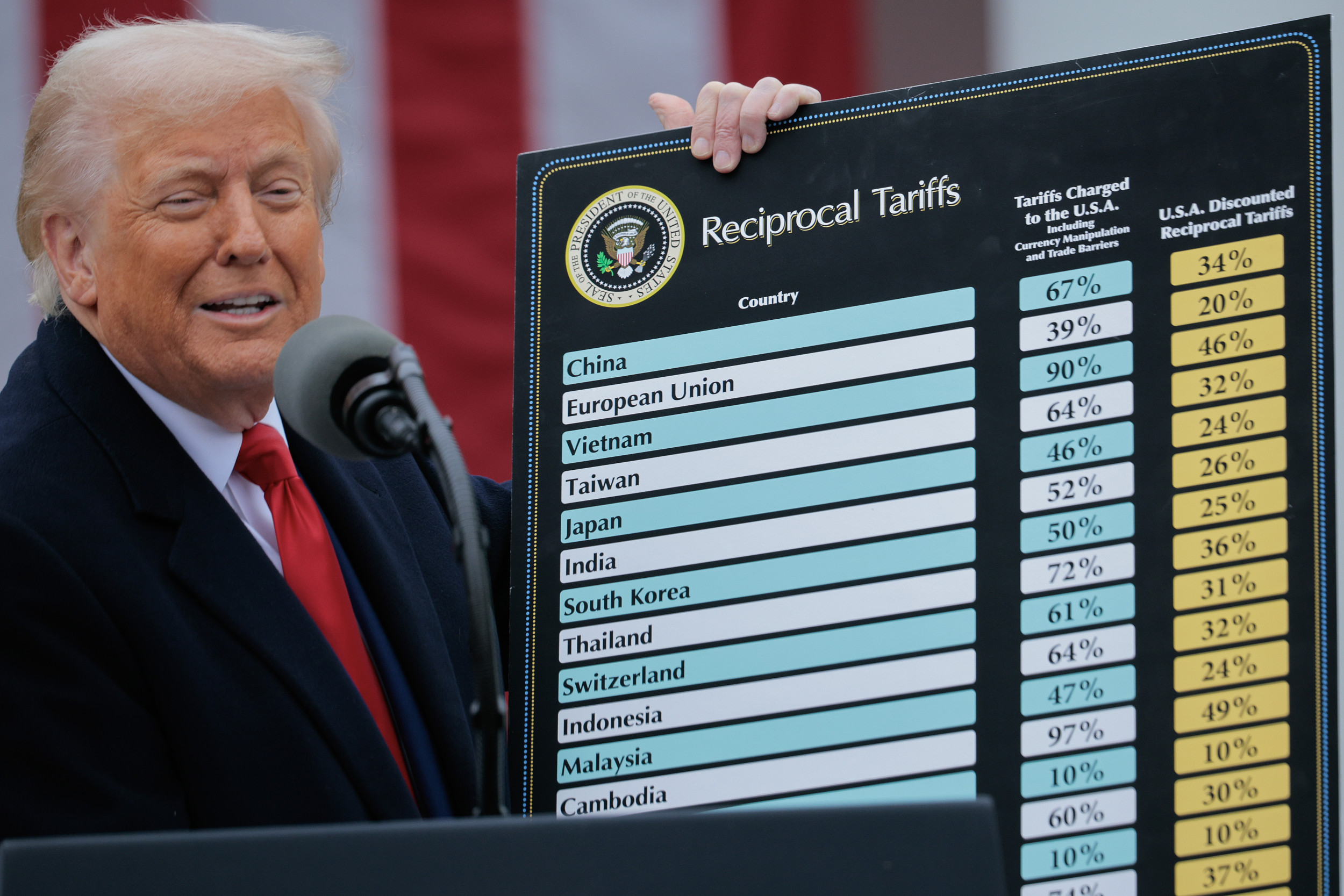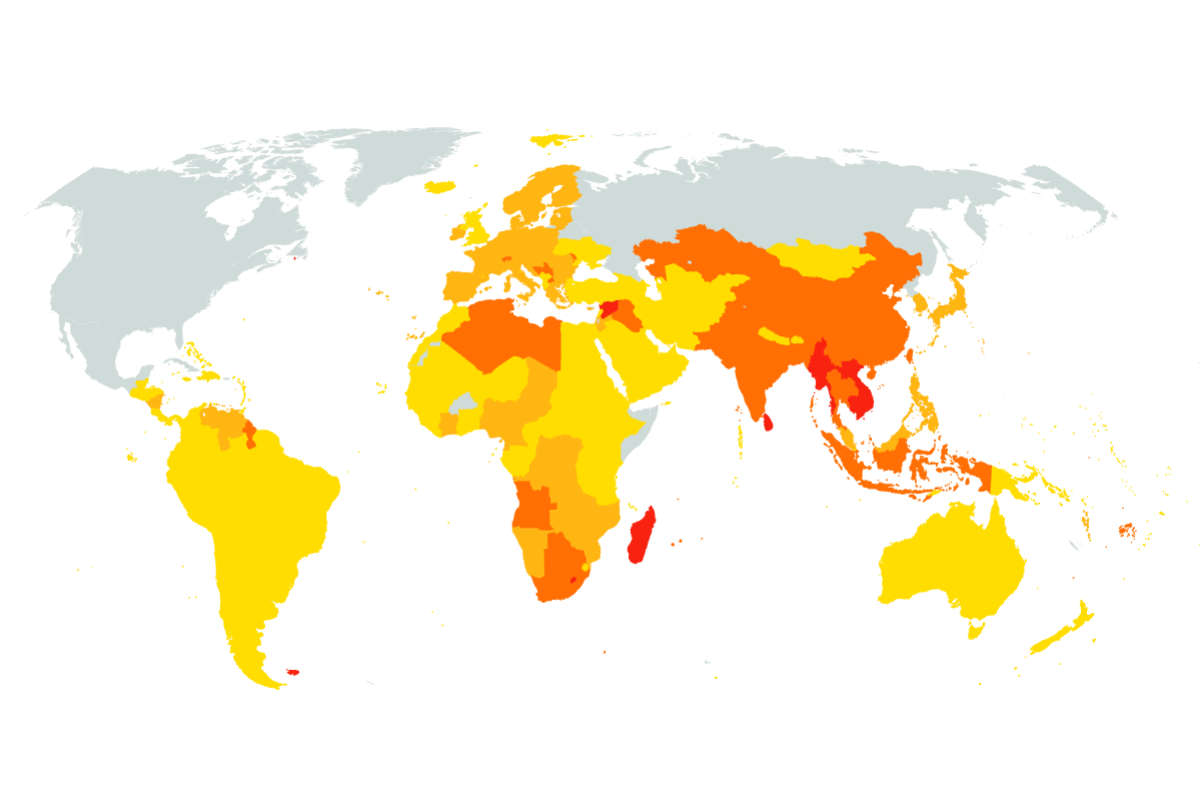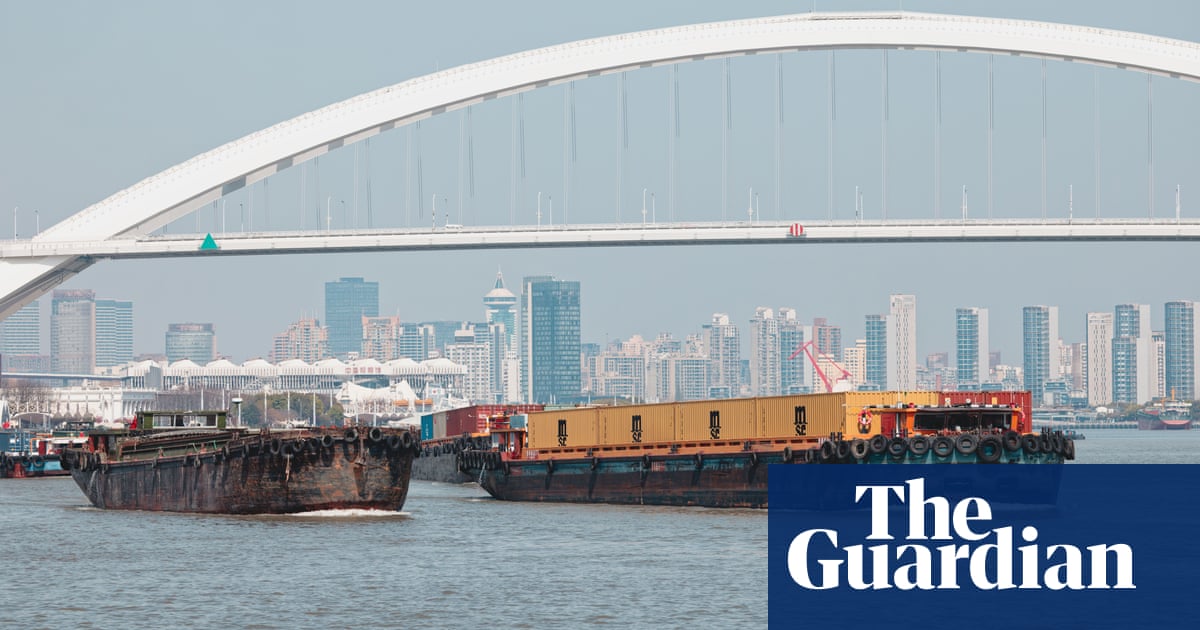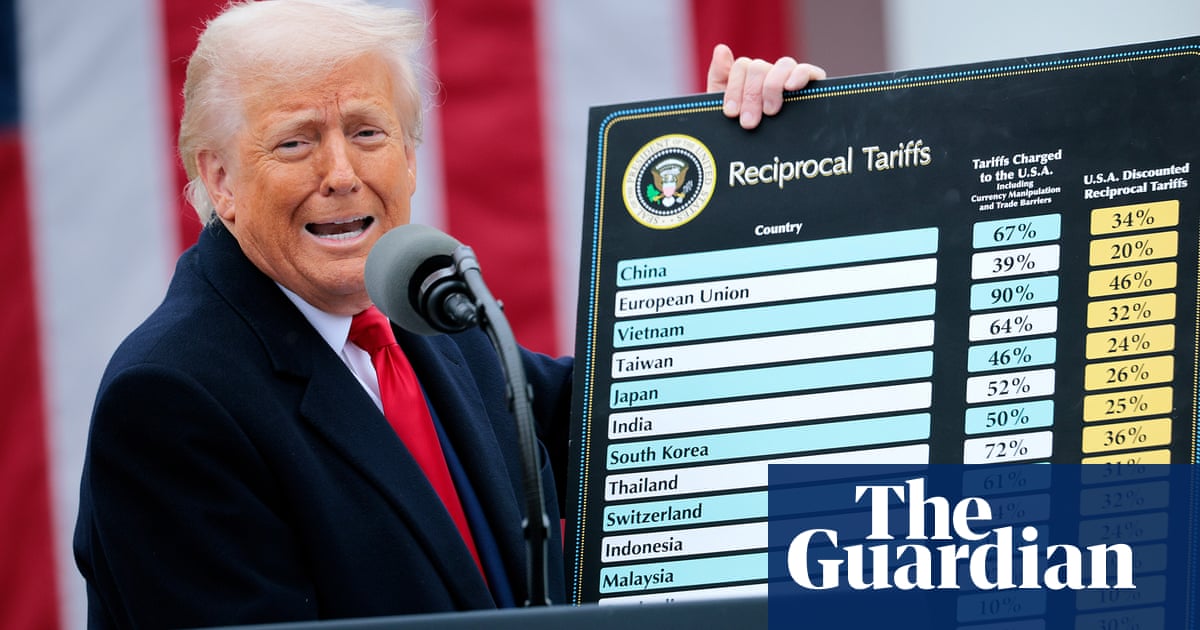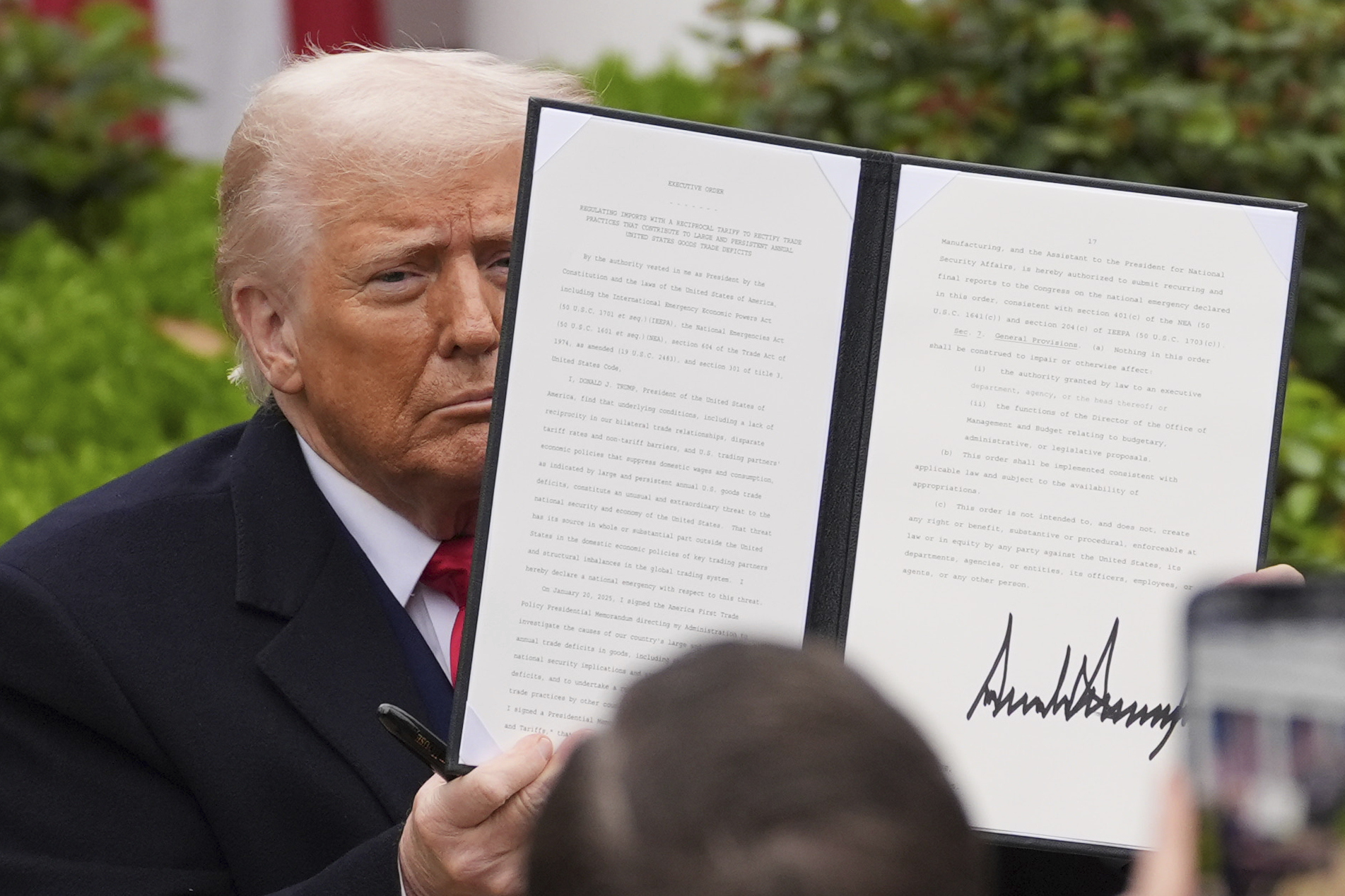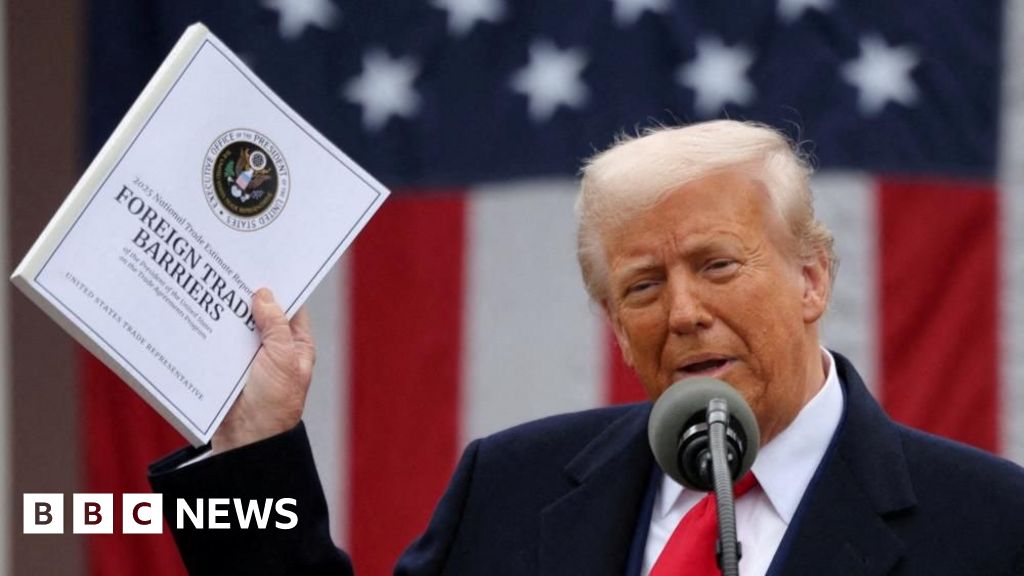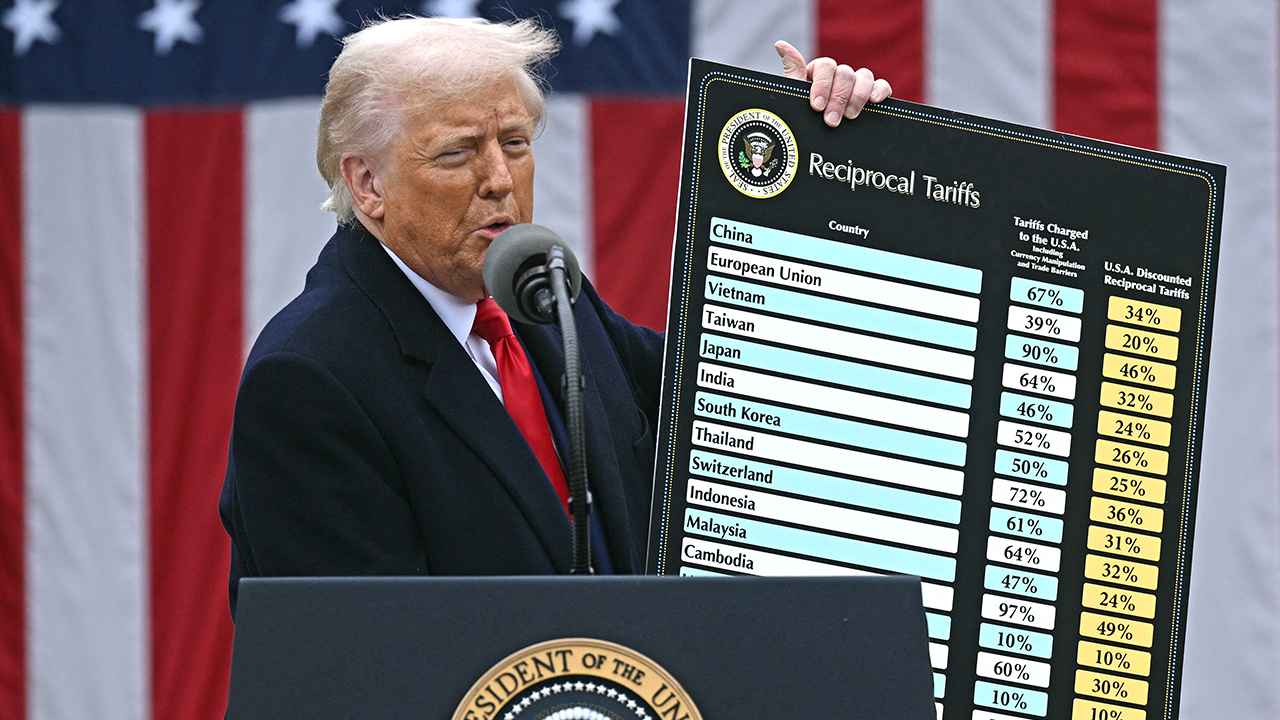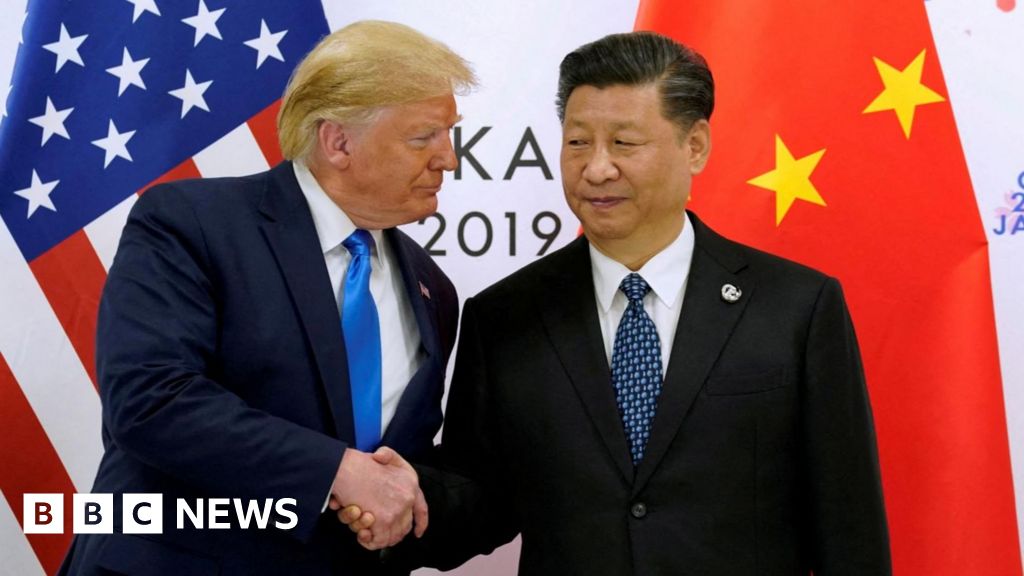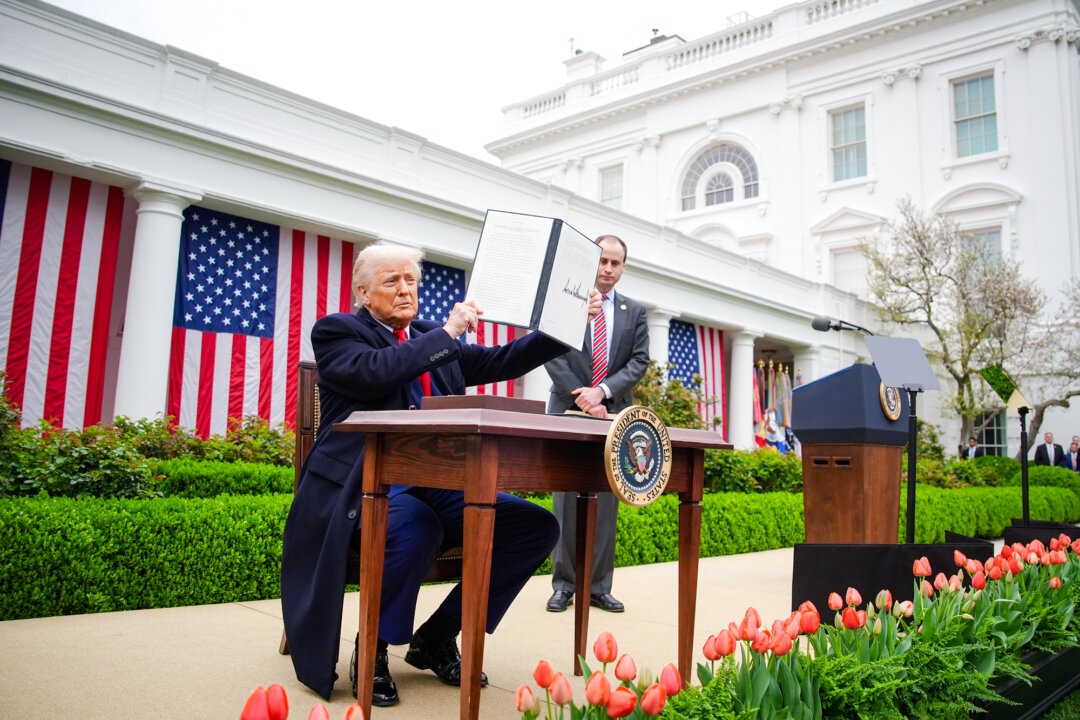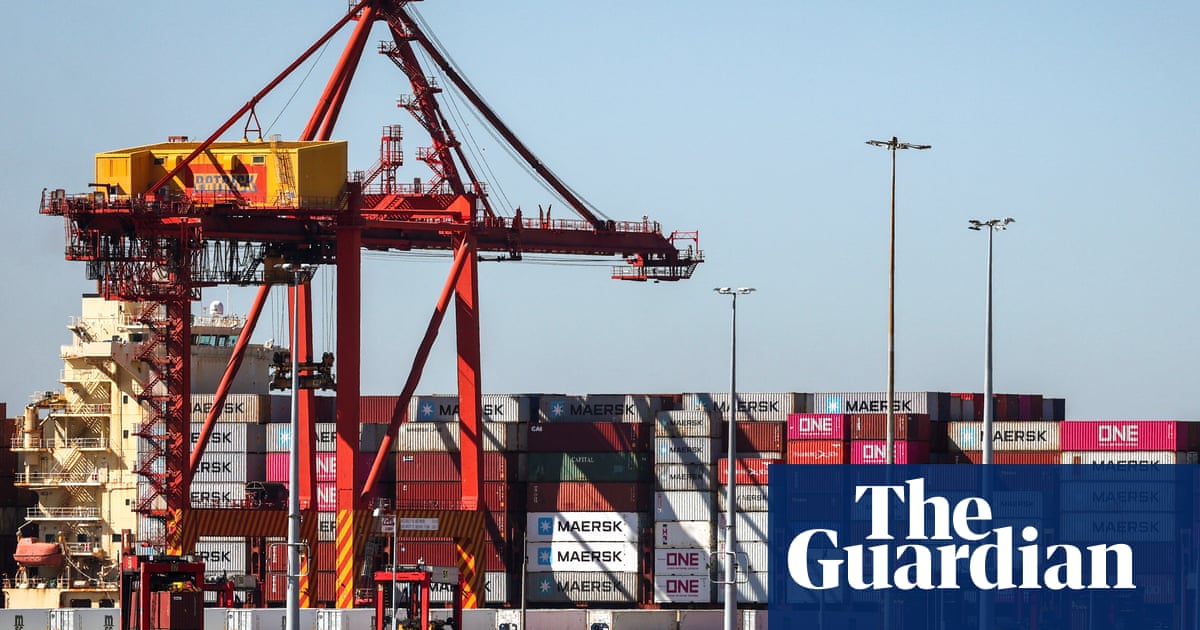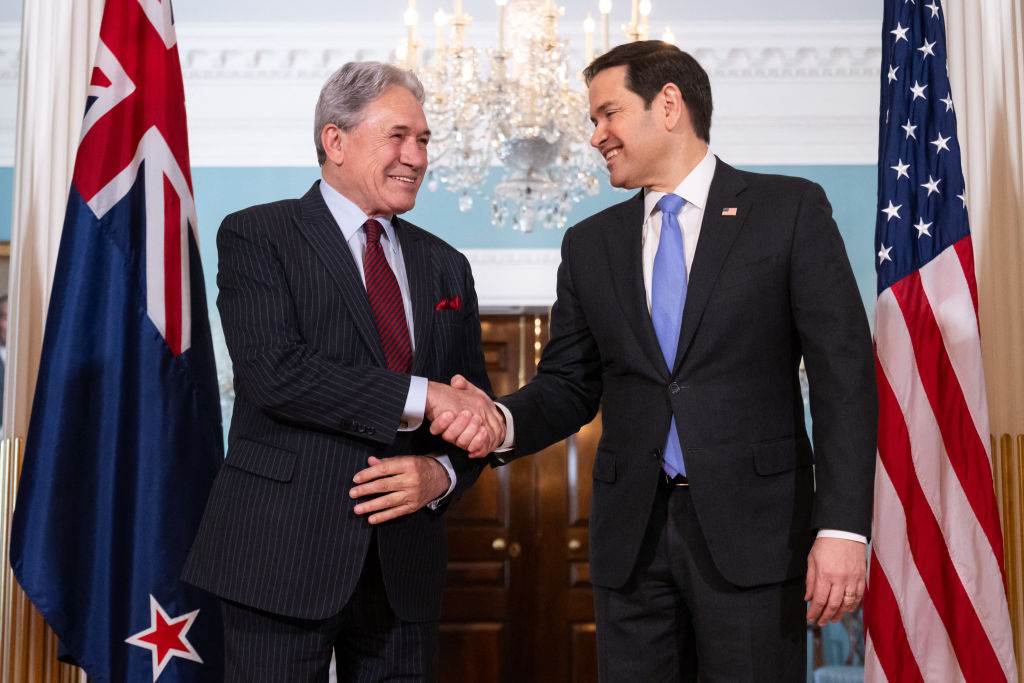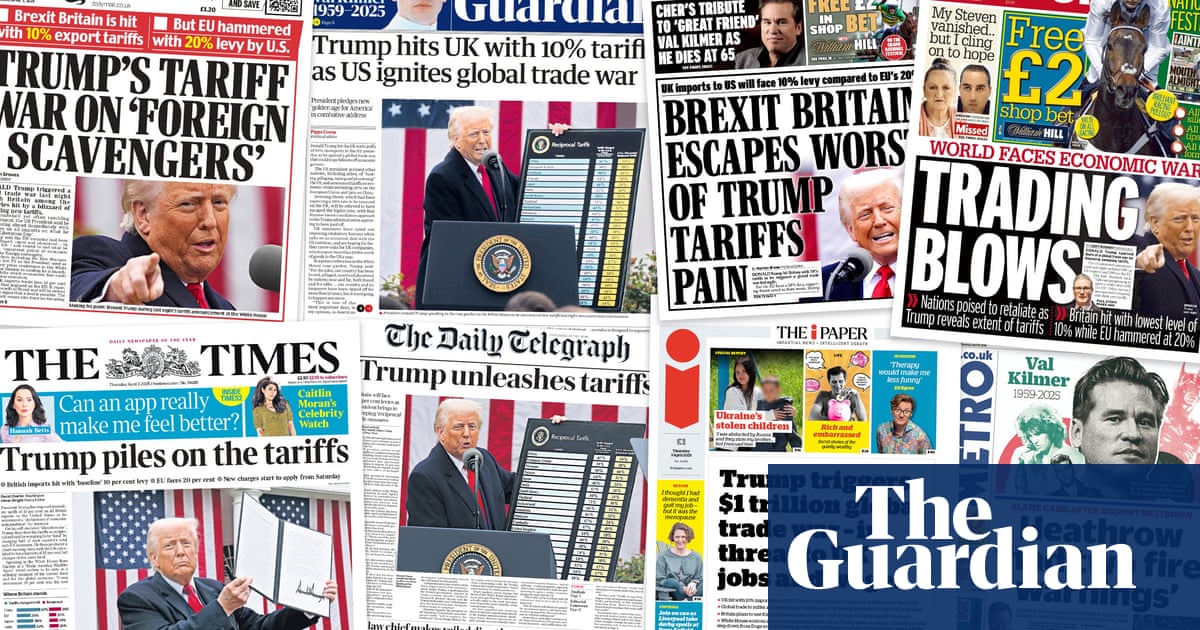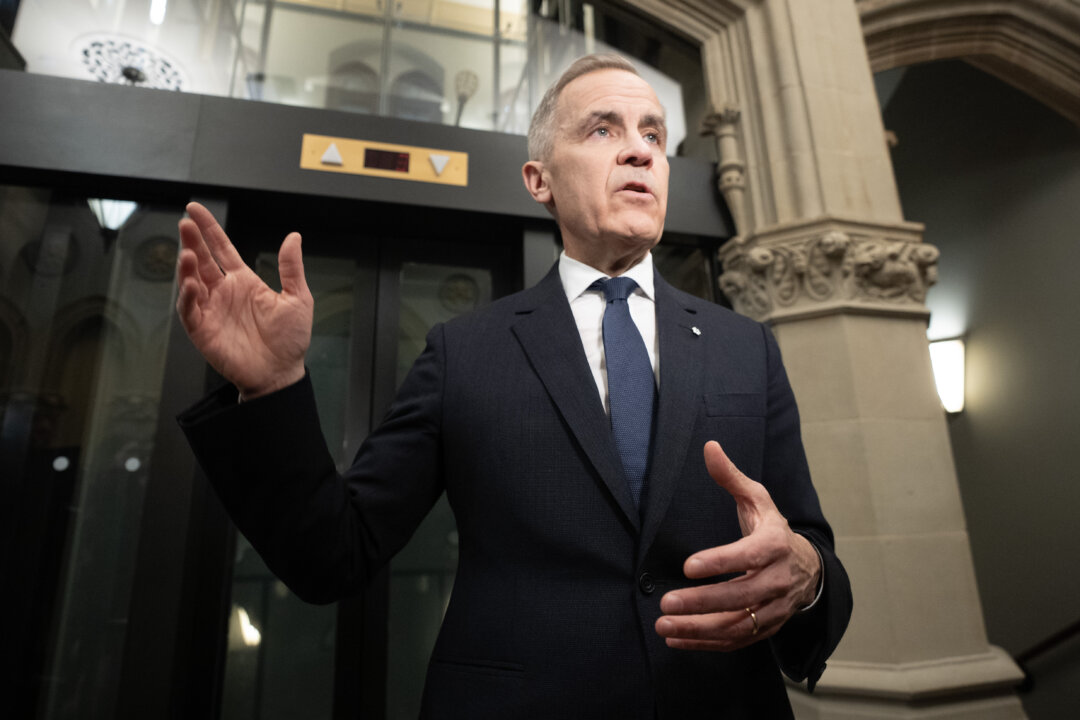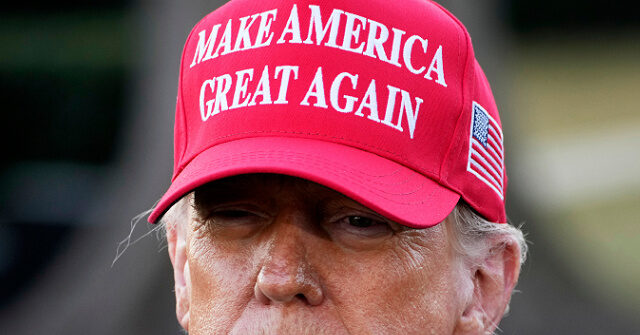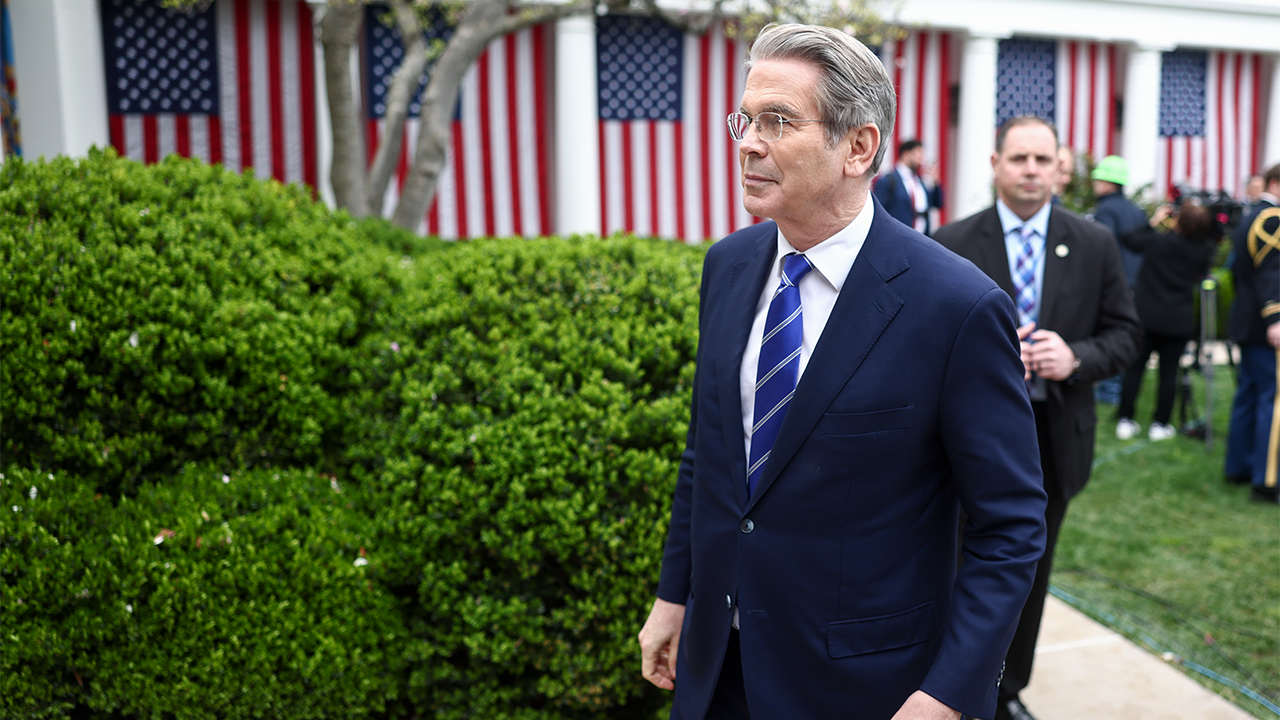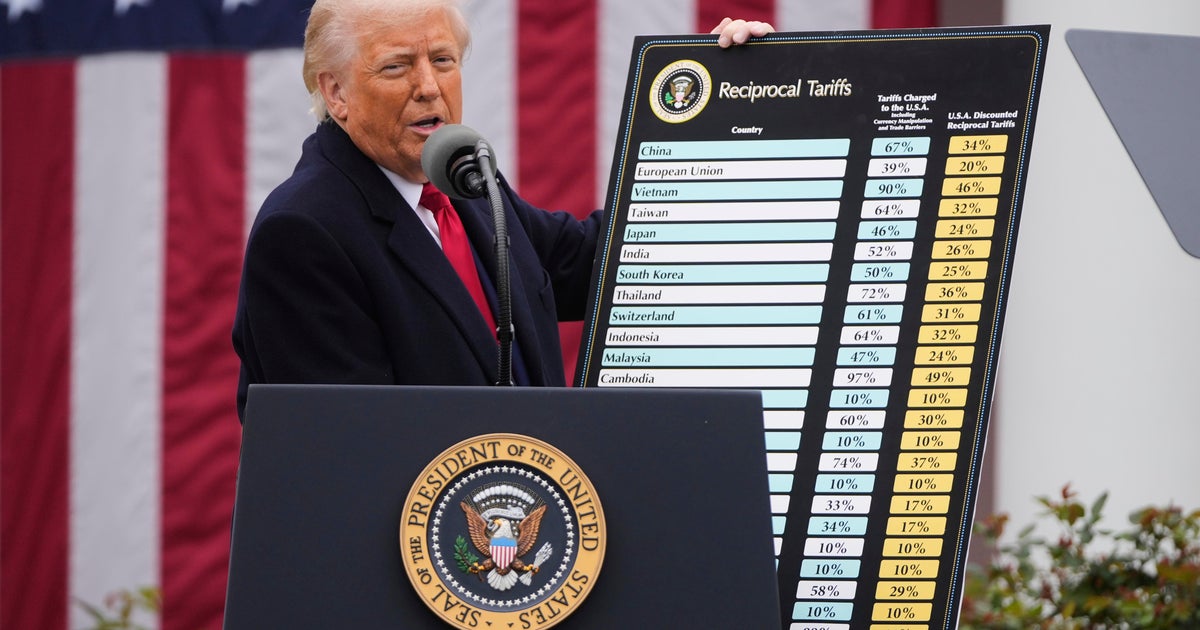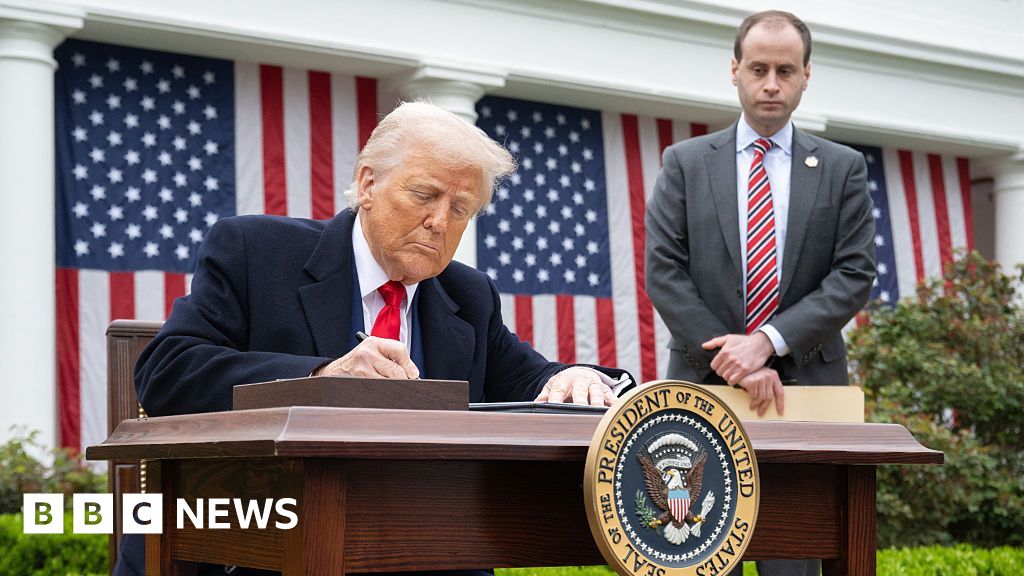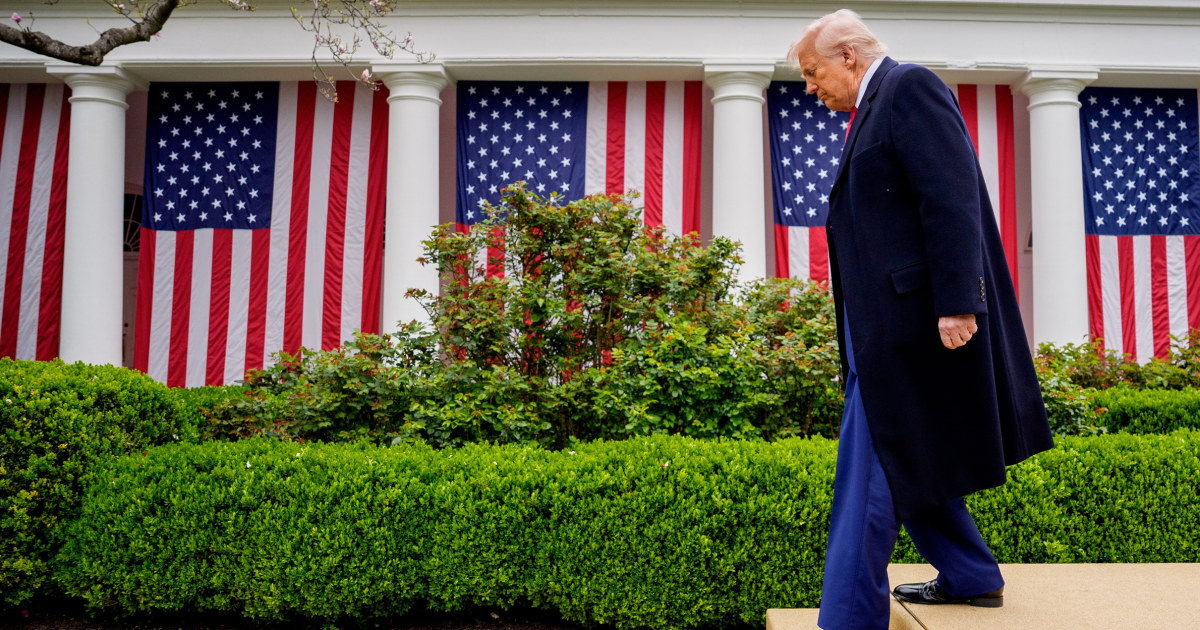Trump's Tariffs Spark Domestic Manufacturing Shift Amid Global Concerns
President Trump implements reciprocal tariffs, leading to mixed reactions as companies adjust to new trade landscape and economic uncertainty grows.
Subscribe to unlock this story
We really don't like cutting you off, but you've reached your monthly limit. At just $5/month, subscriptions are how we keep this project going. Start your free 7-day trial today!
Get StartedHave an account? Sign in
Overview
President Trump's recent tariffs include a 54% duty on Chinese imports and 20% on EU products, eliciting varied reactions. One metal manufacturer in LA anticipates higher domestic demand, while critics warn of looming supply shortages. Companies like GM plan to increase US production, resulting in new jobs, although others, including Stellantis, temporarily lay off workers. The tariffs are seen as a move towards American manufacturing independence, though economists caution against inflation and recession risks. As countries assess their responses, the future stability of global trade remains in question.
Report issue

Read both sides in 5 minutes each day
Analysis
Analysis unavailable for this viewpoint.
Articles (55)
Center (28)
FAQ
No FAQs available for this story.
History
- 7M

 3 articles
3 articles
- 7M

 4 articles
4 articles
- 7M
 2 articles
2 articles
- 7M

 6 articles
6 articles



